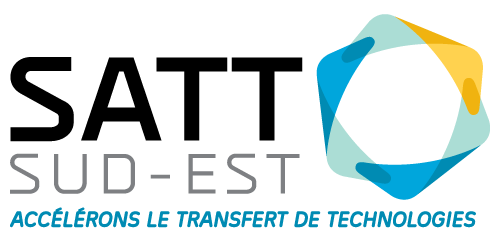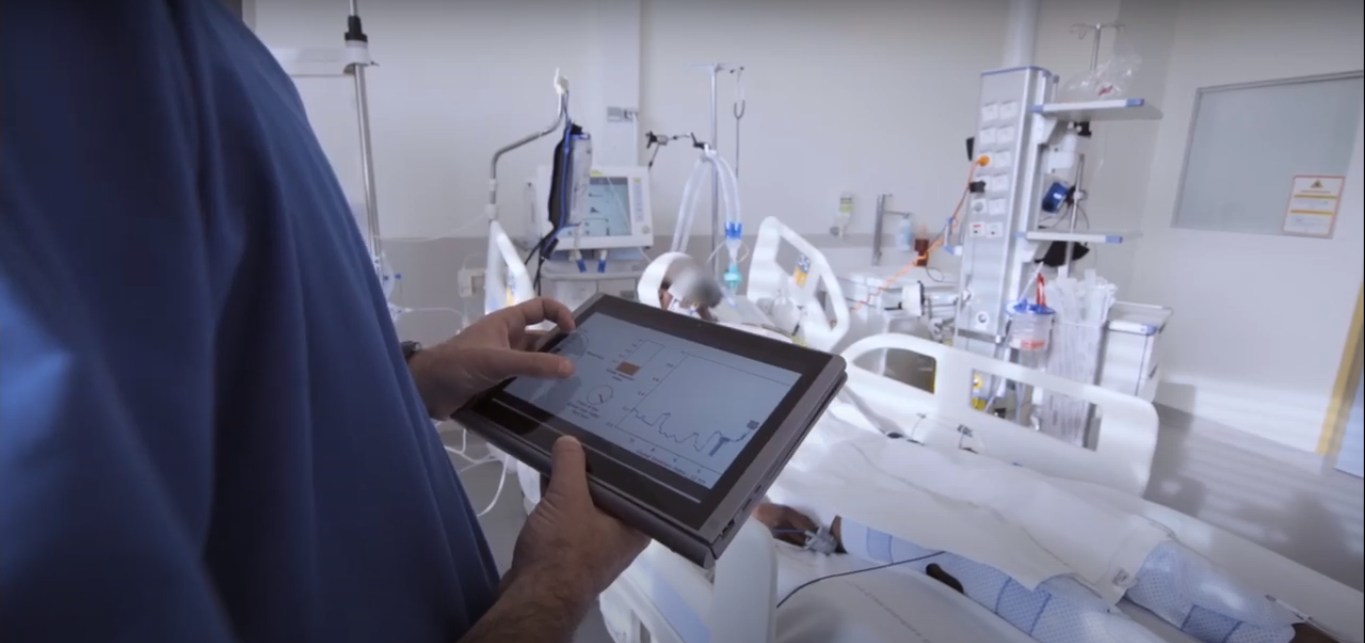La sédation pharmacologique est indispensable chez un grand nombre de patients en réanimation simplement pour permettre l’adaptation à la ventilation artificielle, fréquente chez ces patients. Il est donc nécessaire que les patients soient à la fois calmes, ne ressentent pas la douleur et puissent supporter tous les gestes agressifs de la réanimation.
« On s’est aperçu qu’avec les scores de sédation clinique qu’on utilisait habituellement, on avait du mal à approcher, de manière suffisamment fine, notre niveau de sédation et on était souvent soit trop léger, soit le plus souvent trop profond. » Professeur Nicolas BRUDER, PU-PH et chef de service Anesthésie et Réanimation à l’AP-HM.
Afin de répondre à ces besoins, des médecins de l’AP-HM et chercheurs d’Aix-Marseille Université, CNRS et l’Université Gustave Eiffel ont développé SEDREA. Cet outil, basé sur l’intelligence artificielle, permet d’adapter rigoureusement le niveau de sédation en fonction des informations transmises par cet algorithme. Il s’intègre facilement aux monitorings existants. Il est nécessaire de disposer d’une tablette numérique et de l’algorithme SEDREA.
De plus, d’après le Professeur Nicolas BRUDER « cet outil devrait permettre de réduire les durées de séjour en réanimation en évitant la sédation trop profonde et en réduisant les coûts liés à l’hospitalisation. Dans le futur, on espère que cet outil de monitoring nous serve à adapter de manière très précise notre sédation exactement aux besoins nécessaires pour suivre les patients tout au long de leur séjour en réanimation ». Ainsi, SEDREA permettrait d’éviter une sédation profonde.
Autorisation de l’Assistance Publique – Hôpitaux de Marseille © 2018 SATT PACA Cors SAS. Tous droits réservés. Crédit musical : Attracting Drama – Scott Rhythm Vidéo : Fikus Prod
Pour aller plus loin
@sattse_ @univamu @CNRS @aphm_actu @Ifsttar #réanimation #algorithme #monitoring #SédationPharmacologique #IntelligenceArtificielle




